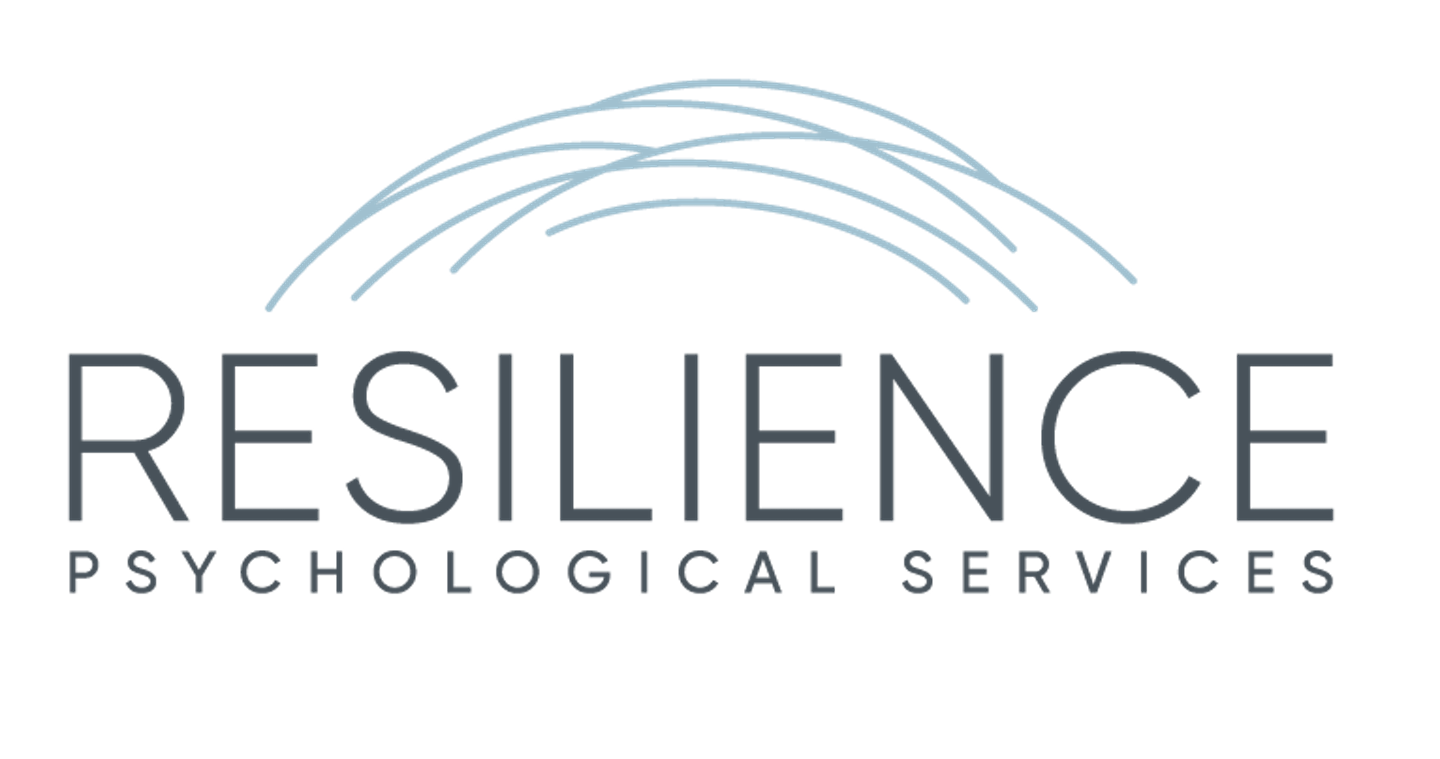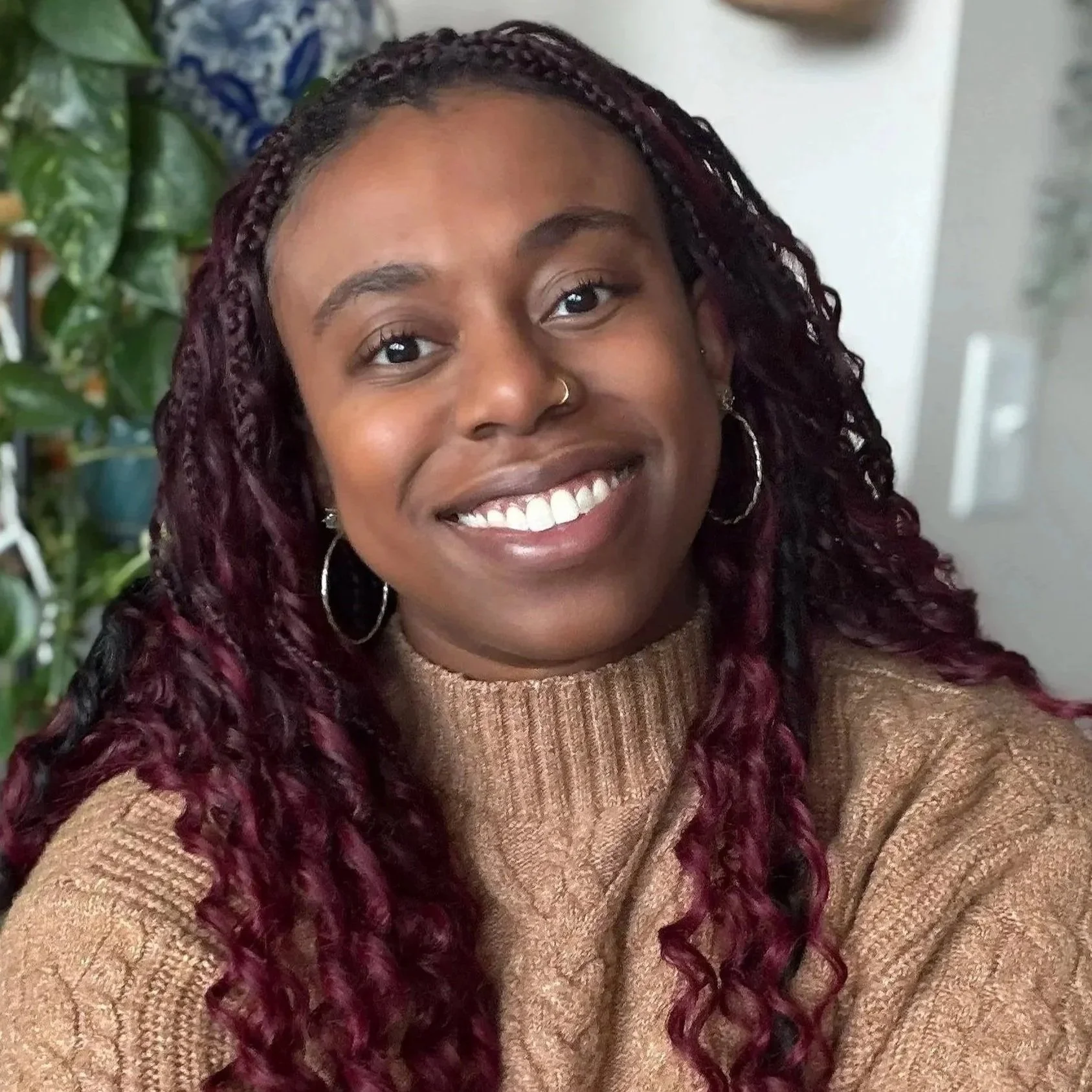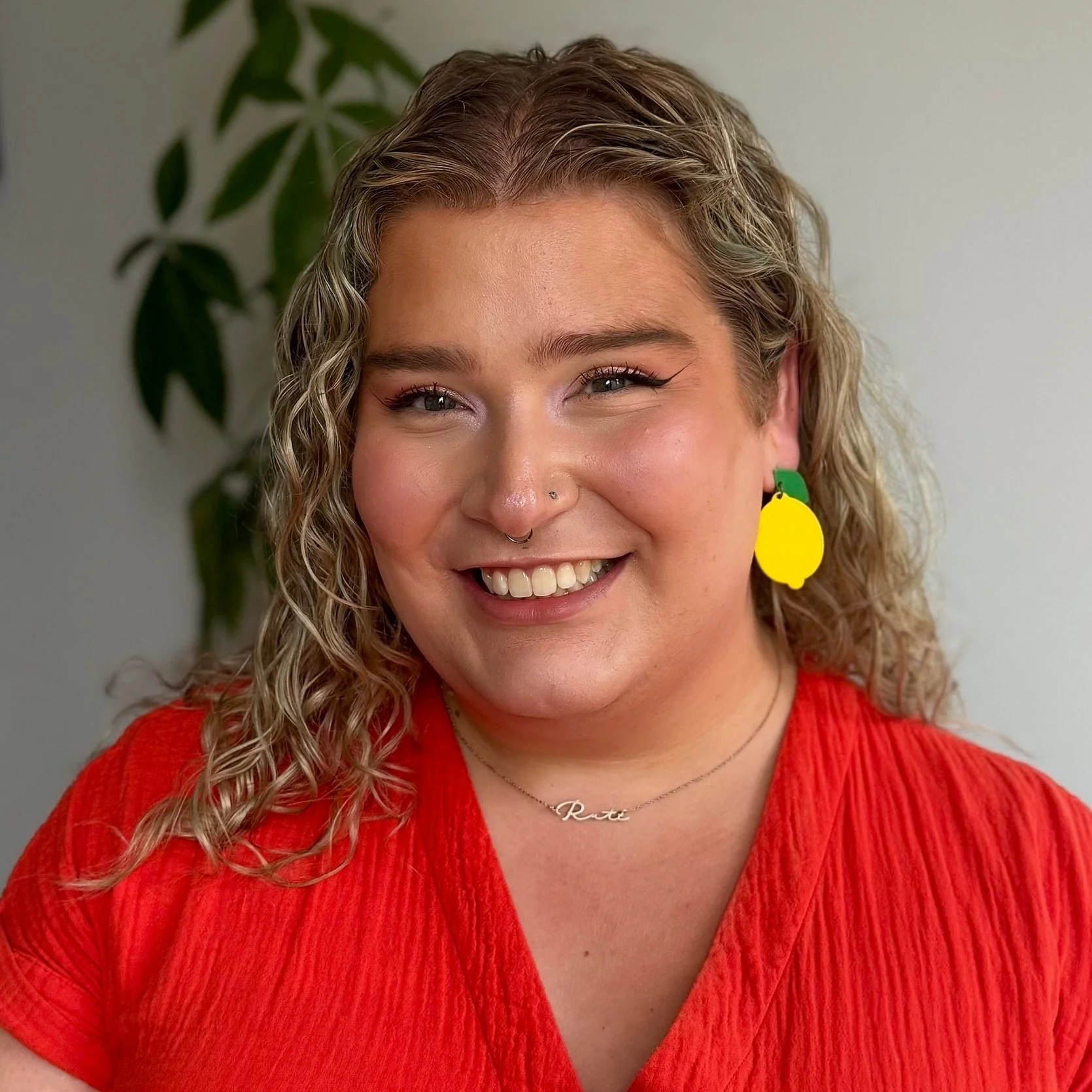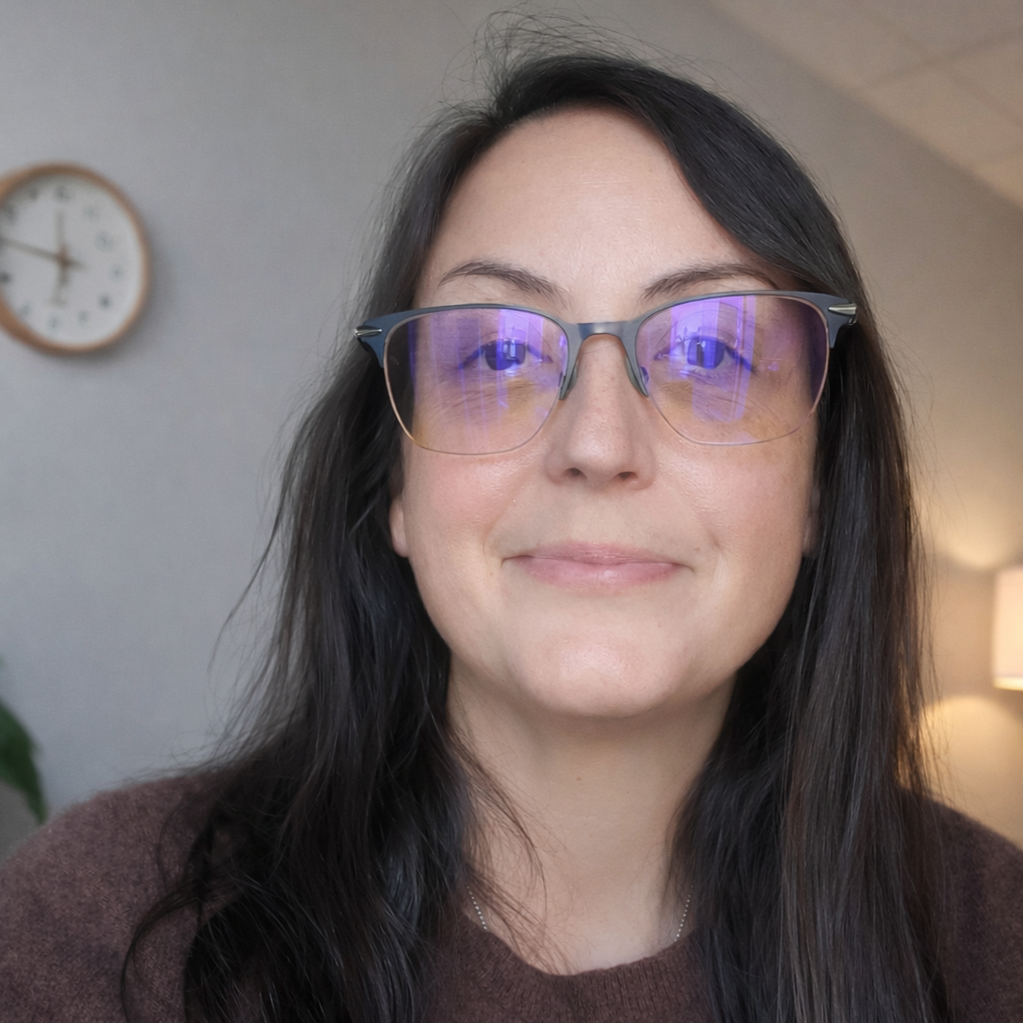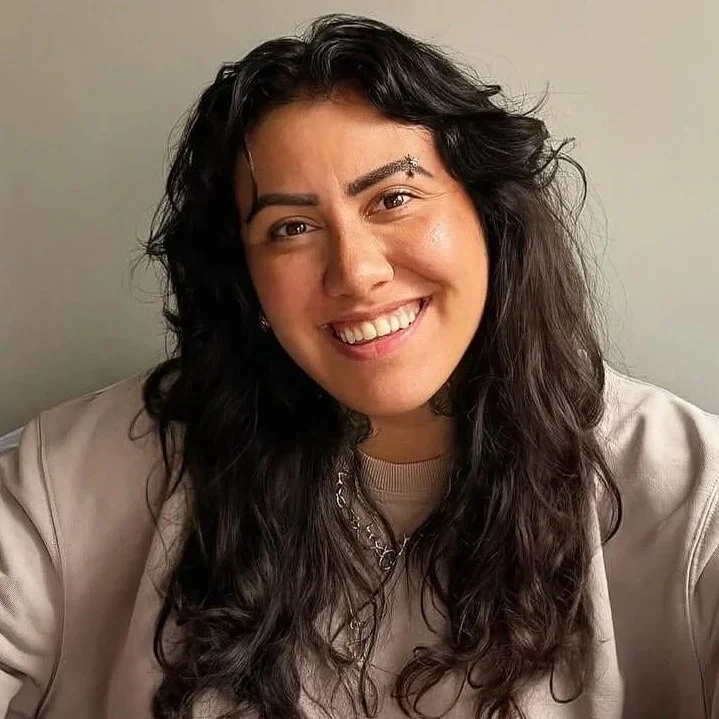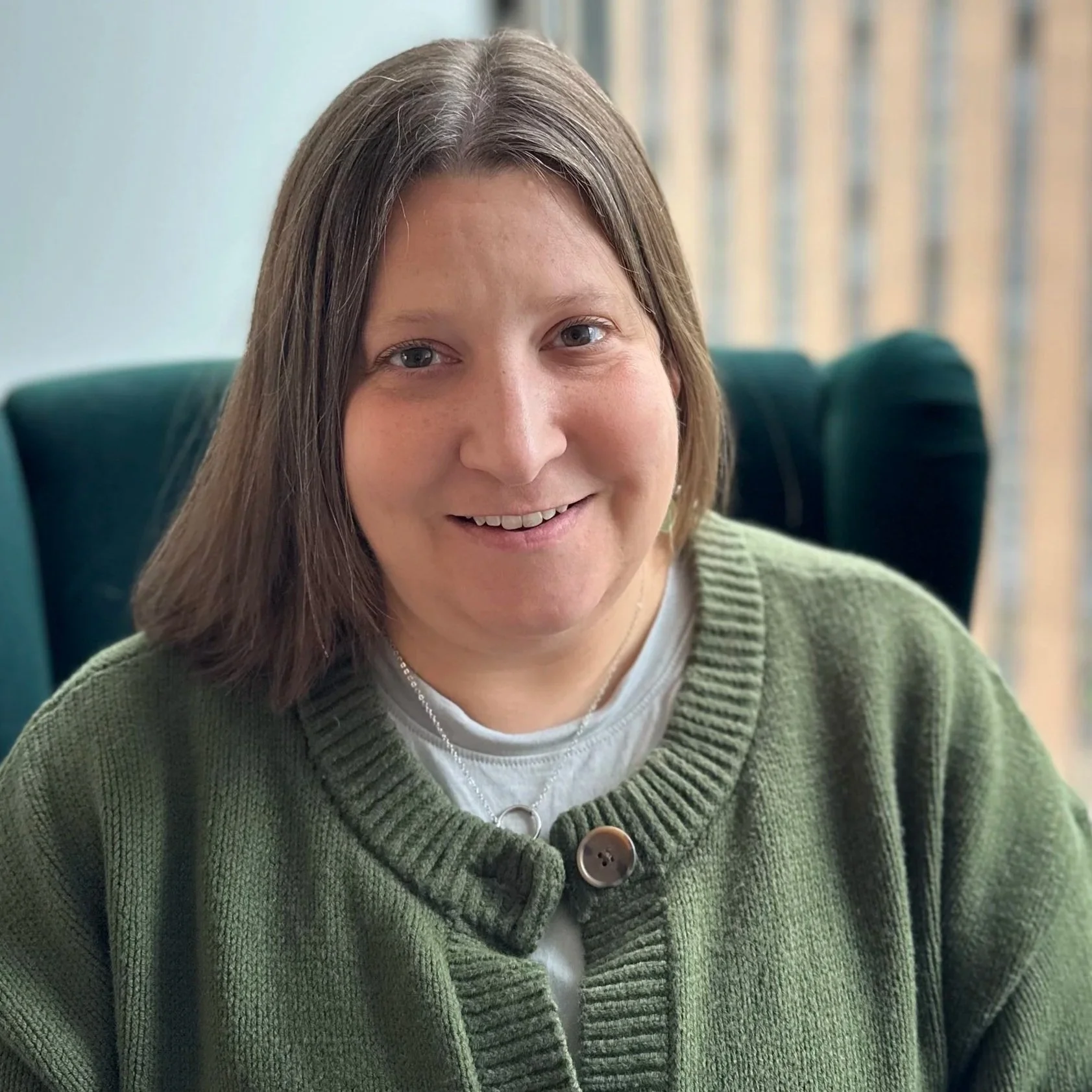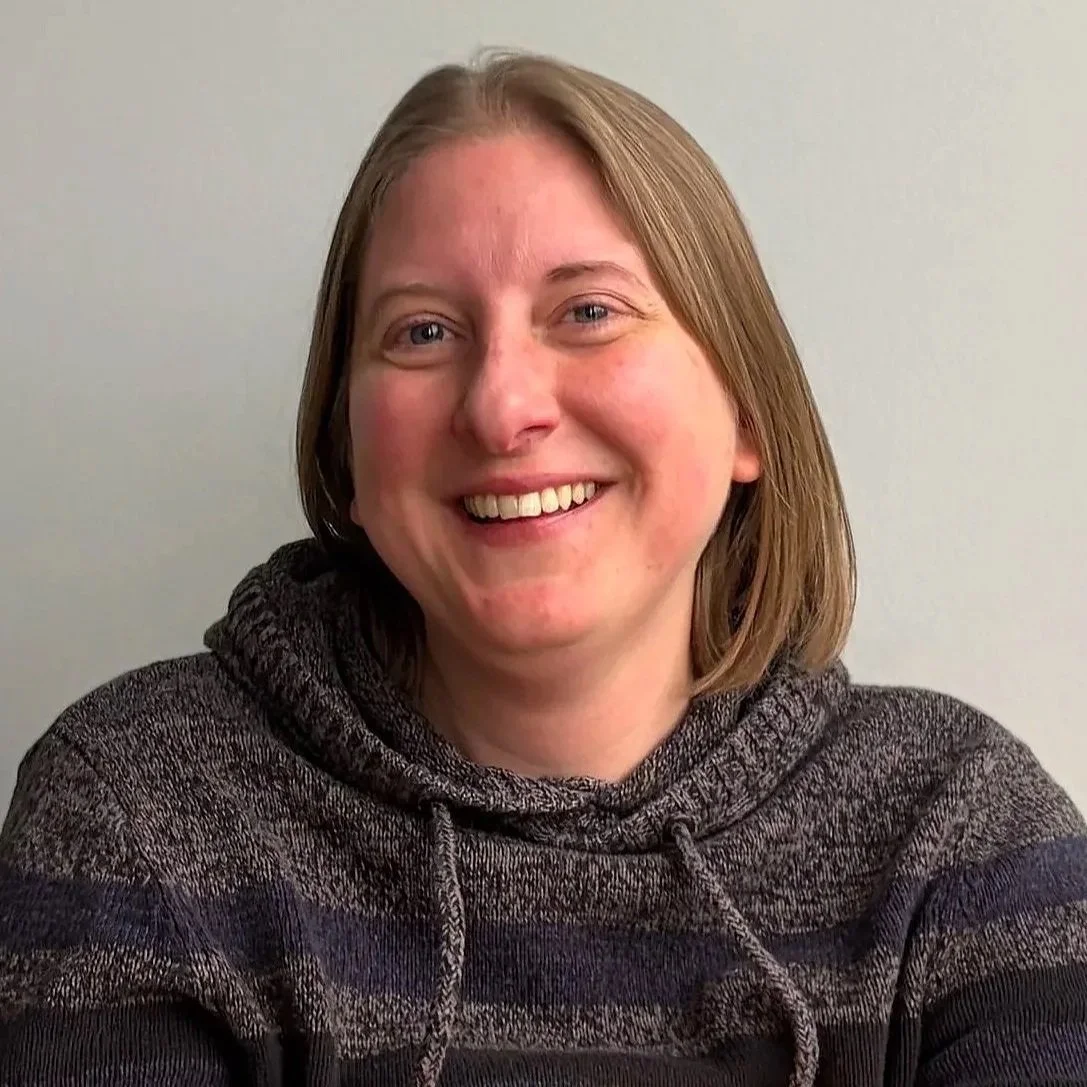Our Commitment to Anti-Oppressive Practice
At Resilience, we are committed to fostering a more liberated and anti-oppressive world, while recognizing that this is ongoing, imperfect work.
We believe in the inherent worth and dignity of every individual and are committed to actively dismantling the systems (both interpersonal and structural) that cause harm. We strive to embed anti-oppressive and decolonizing principles into all aspects of our practice, knowing these are not static ideals but evolving, active commitments that require reflection, repair, and accountability.
We believe that everyone, regardless of income, employment, insurance status, or ability, should have access to mental health support that honors their lived experience and meets their access needs with dignity and respect.
We are dedicated to making mental health care accessible, affirming, and rooted in both economic and disability justice. We offer affordable therapy through sliding scale options, accept insurance, and provide both virtual and in-person services to help reduce the financial, geographic, and systemic barriers that often prevent people from receiving the care they deserve.
We acknowledge that the mental health profession has been shaped by White supremacy and the ongoing marginalization of Black, Indigenous, and People of Color (BIPOC).
Historically dominated by White, cishetero male perspectives, this field has often ignored, pathologized, or exploited the needs of communities pushed into the margins. We recognize how this legacy contributes to intergenerational and racial trauma, and we are committed to unlearning the frameworks that perpetuate harm while building alternatives rooted in care, justice, and solidarity.
We understand that healing requires both personal and collective transformation.
We stand against all forms of oppression, including White supremacy, colonialism, capitalism, racism, ableism, cisheteropatriarchy, homophobia, transphobia, fatphobia, xenophobia, Sinophobia, Islamophobia, and anti-Semitism. We are committed to confronting how these systems show up within ourselves, our relationships, and the world around us.
We recognize that White supremacy does not only exist externally; it also shows up within our own practice, including in our relationships, policies, and structures.
Our team includes therapists at different points in our own learning and unlearning. While we have a strong commitment to naming harm and supporting repair, we are building the necessary infrastructure to hold this work more fully, especially around internal accountability, harm reduction, and collective care.
We know that meaningful change takes time, clarity, and humility, and we are committed to that process.
We are actively developing more robust systems to center the needs of marginalized team members, support restorative accountability, and redistribute power across the practice. We welcome feedback and are engaged in a lifelong effort to align our internal practices with our external values. We remain committed to creating spaces that are culturally responsive, emotionally affirming, and grounded in justice, healing, and liberation for all.
